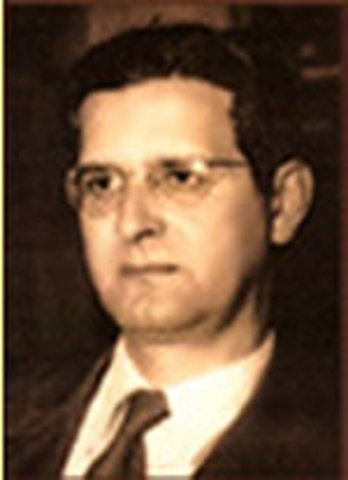
Being recognized as a historian includes cultivating repertoires of virtues which are deemed to be necessary for actually being a historian. Virtues and vices have long been used not only in moral evaluations but also in epistemic ones. More specifically, I would like to draw attention to Iglésias’ use of virtue and vice language to assess those historians and their works. This article shall focus on the third of these moments, which has traditionally been considered the moment of the “modern Brazilian historiography”.


In Historians of Brazil, Francisco Iglésias reviews some of the great names in Brazilian historiography as divided by him into three distinct moments: up to 1838, from 1838 to 1931, and from 1931 onwards.


 0 kommentar(er)
0 kommentar(er)
